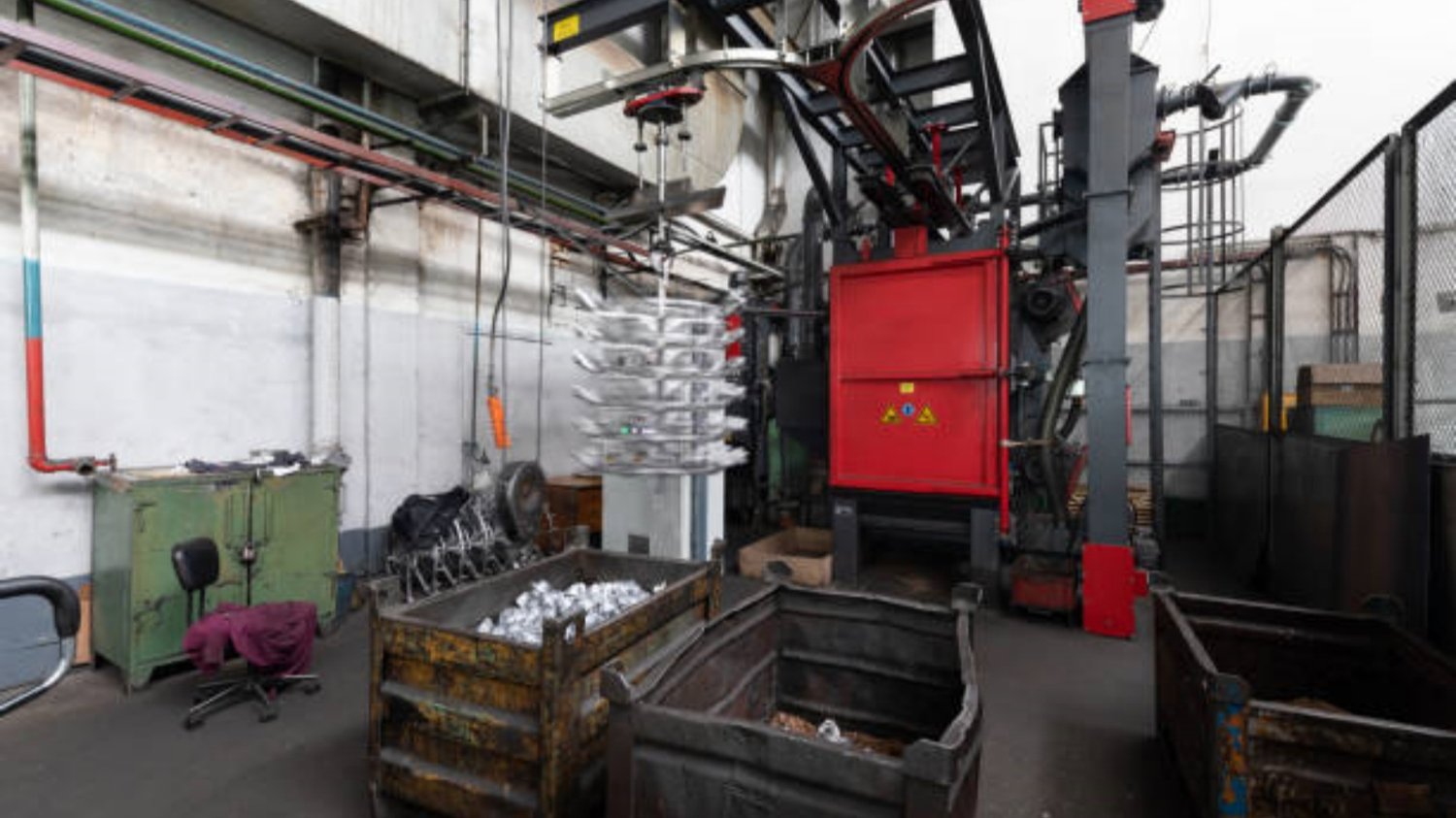The Benefits of Using a Roll Forming Machine
A roll forming machine is a versatile piece of equipment used in various industries for the manufacturing of metal profiles. This machine is designed to transform metal coils into desired shapes with consistent dimensions and high precision. The use of a roll forming machine offers numerous benefits, making it an indispensable tool in many production processes.
1. Efficient and Cost-effective Production
One of the primary advantages of using a roll forming machine is its efficiency in production. It allows for continuous processing of metal coils, minimizing downtime and increasing productivity. The automated nature of the machine also reduces labor costs, as it requires minimal human intervention. Additionally, the consistent and precise shaping of metal profiles ensures minimal material waste, making it a cost-effective manufacturing solution.
2. Versatile Applications
Roll forming machines can be used to produce a wide range of metal profiles, including but not limited to, roofing panels, wall studs, window frames, and door frames. This versatility makes it suitable for various industries, such as construction, automotive, and furniture manufacturing. With the ability to create customized profiles, roll forming machines offer flexibility in meeting specific design requirements.
3. High Precision and Consistency
Accuracy and consistency are crucial in the manufacturing industry, and roll forming machines excel in delivering both. The machine's design allows for precise control over the shaping process, ensuring that each profile produced meets the desired specifications. This consistency is essential for industries that require uniformity in their products, such as automotive manufacturers or suppliers of building materials.
4. Time-saving and Fast Setup
Setting up a roll forming machine for a new production run is relatively quick and straightforward. The machine is designed to be user-friendly, allowing operators to change the tooling and adjust the settings easily. This time-saving setup process enables manufacturers to respond quickly to changing market demands and reduces downtime between production runs.
5. Enhanced Product Quality
By utilizing a roll forming machine, manufacturers can ensure the production of high-quality metal profiles. The machine's precise and consistent shaping process eliminates variations in the final product, resulting in improved product quality. This is especially important in industries where structural integrity and dimensional accuracy are critical, such as the construction of steel buildings or automotive components.
6. Increased Production Speed
Roll forming machines are capable of high-speed production, allowing manufacturers to meet tight deadlines and fulfill large orders efficiently. The continuous processing of metal coils without the need for frequent starts and stops significantly increases the overall production speed. This advantage is particularly valuable for industries with high demand and time-sensitive projects.
7. Reduced Material Waste
Traditional manufacturing methods often result in significant material waste due to the cutting and shaping processes. However, roll forming machines minimize this waste by using the entire length of the metal coil efficiently. The accurate shaping process ensures that only the necessary amount of material is utilized, reducing scrap and ultimately lowering production costs.
8. Improved Workplace Safety
Automated roll forming machines prioritize workplace safety by minimizing the need for manual labor in the shaping process. This reduces the risk of accidents and injuries associated with traditional manufacturing methods, where operators may come into direct contact with sharp tools or heavy machinery. By eliminating or reducing these hazards, manufacturers can create a safer working environment for their employees.
9. Streamlined Production Flow
Integrating a roll forming machine into a production line offers a streamlined workflow. The machine's continuous processing capability allows for seamless integration with other equipment, such as cutting or punching machines. This integration eliminates bottlenecks and ensures a smooth production flow, enhancing overall efficiency and reducing lead times.
10. Long-term Cost Savings
Investing in a roll forming machine may require an initial financial commitment, but it offers significant long-term cost savings. The machine's efficiency, reduced material waste, and improved product quality result in lower production costs and increased profitability over time. Additionally, the versatility of the machine allows manufacturers to adapt to changing market demands, reducing the need for costly equipment replacements.

